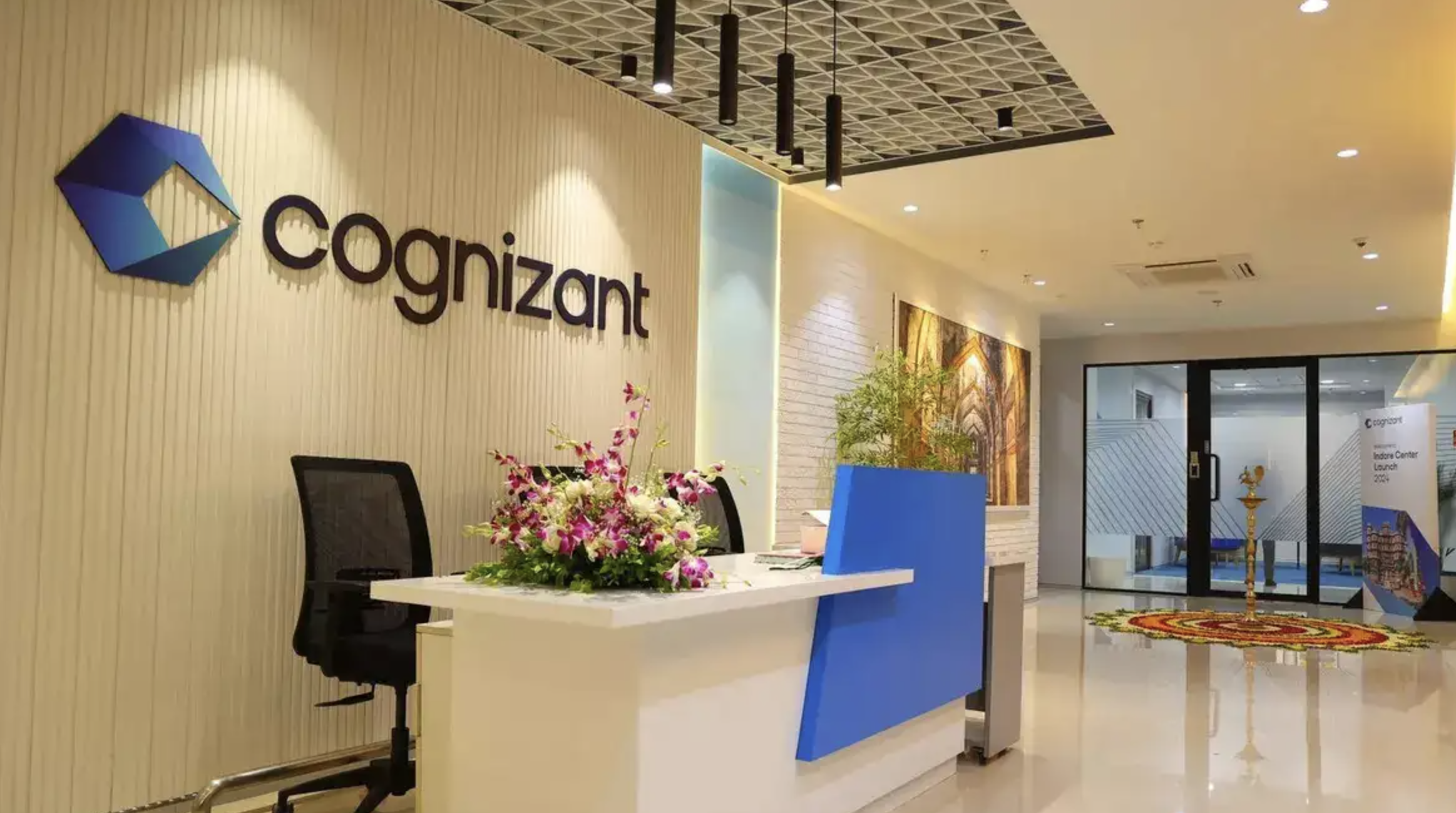Abhijit Kharat, a 29-year-old from Chhattisgarh, was shocked to receive an email stating he was “absconding” while recovering from a medical emergency. Despite prior intimation and documentation, ICICI Bank revoked his medical leave without notice and terminated him—one among 782 such cases flagged between January and June 2024.

Whistleblowers, Women & Workers Speak Out
Several former employees shared similar stories—some were on medical leave, others were forced to resign after abrupt transfers. A woman employee from Kerala cited harassment after a miscarriage and eventual forced resignation. Abhinav Rai, who raised red flags using ICICI’s own whistleblower policy, was demoted and eventually terminated without explanation.
Pattern Of Harassment: Suicides, Protests & Legal Complaints
Tragically, the suicides of Yogesh Dixit and Vivek Samdarshi, both ICICI employees, added a grim dimension. Their families and ex-colleagues claim workplace harassment led to their deaths. Protests have erupted, and 82 former employees have submitted complaints to labour officials and the All India Professionals’ Congress (AIPC).
Labour Commissioner Slams Bank For ‘Unfair Labour Practices’
In November 2024, Central Labour Commissioner K Shekhar stated ICICI’s mass terminations violated principles of natural justice. He criticized the bank’s refusal to attend hearings and ignoring advisory suggestions, branding the move as an “unfair labour practice.”
Rahul Gandhi Steps In, ICICI Silent
After a petition by ex-employees, Rahul Gandhi met the group and condemned systemic harassment in the banking sector. The AIPC publicly called out ICICI’s “corrosive workplace practices.” Despite repeated outreach, ICICI Bank has not issued any formal response.











